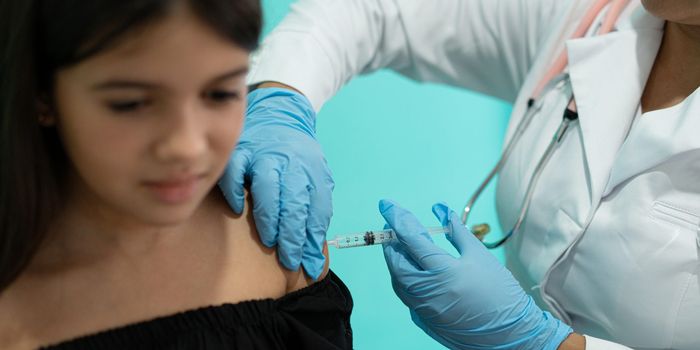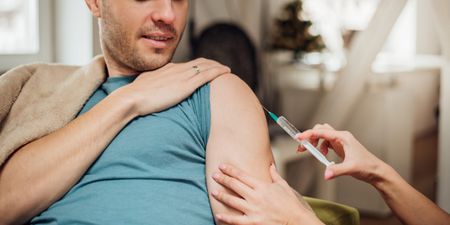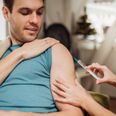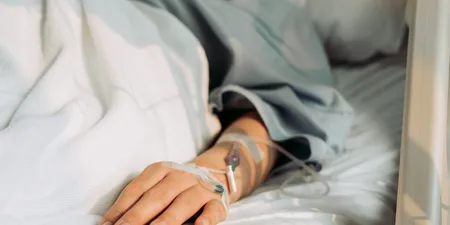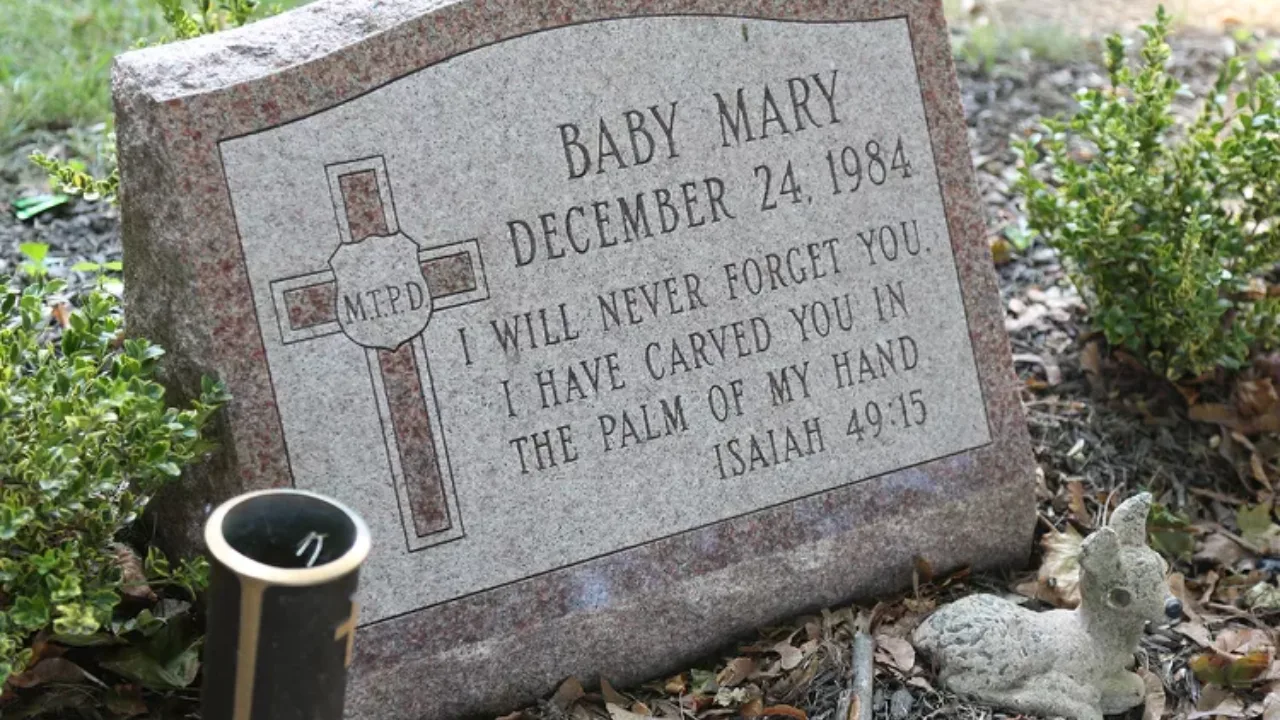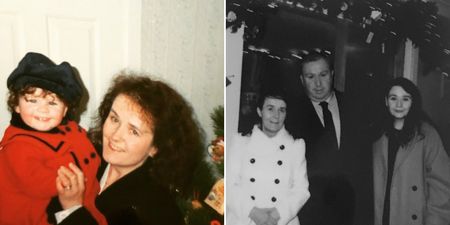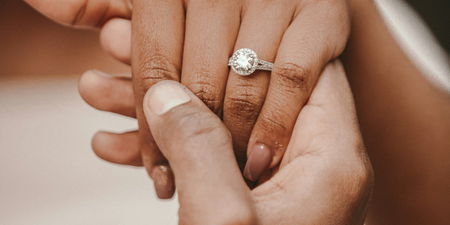Some great news.
A new study has found that the HPV vaccine has so far prevented hundreds of women from developing cervical cancer and thousands from getting pre-cancerous changes to cells.
With this being the first documented proof that the vaccine programme works in saving lives, the study, which was funded by Cancer Research UK, found that cervical cancer cases in women who got vaccinated at ages 12 and 13, now in their 20s, are 87% lower than those without it.
Researchers, whose findings were published in The Lancet medical journal, said that cases within this age group dropped from 50 each year to five, making it a very rare occurrence.
Cervical cancer rates dropped by 62% for women that were offered the vaccine between the ages of 14 and 16, and a 34% drop in those who got it between ages 16 to 18 when it was first introduced.

Experts used data from the NHS’s human papillomavirus (HPV) immunisation programme that provided the Cervarix vaccine to young girls from 2008 to September 2012.
The vaccine Gardasil is now used for this programme and given to both girls and boys aged 12 and 13.
The study also found that there was a 97% drop in cases of pre-cancerous changes to cells in women vaccinated between the ages of 12 and 13.
As well as a 75% drop in women vaccinated between the ages of 14 and 16, and a 39% decrease in women vaccinated between the ages of 16 and 18.

Without this vaccine rollout, experts in the study believe that women developing pre-cancerous changes could have affected almost 36,000 cases.
The researchers also said that the findings are the first piece of direct evidence that shows this vaccine works in preventing cervical cancer, using a vaccine for two types of HPV.
They also said that due to this they hope that cervical cancer can become a rare disease, along with screenings for the illness.
